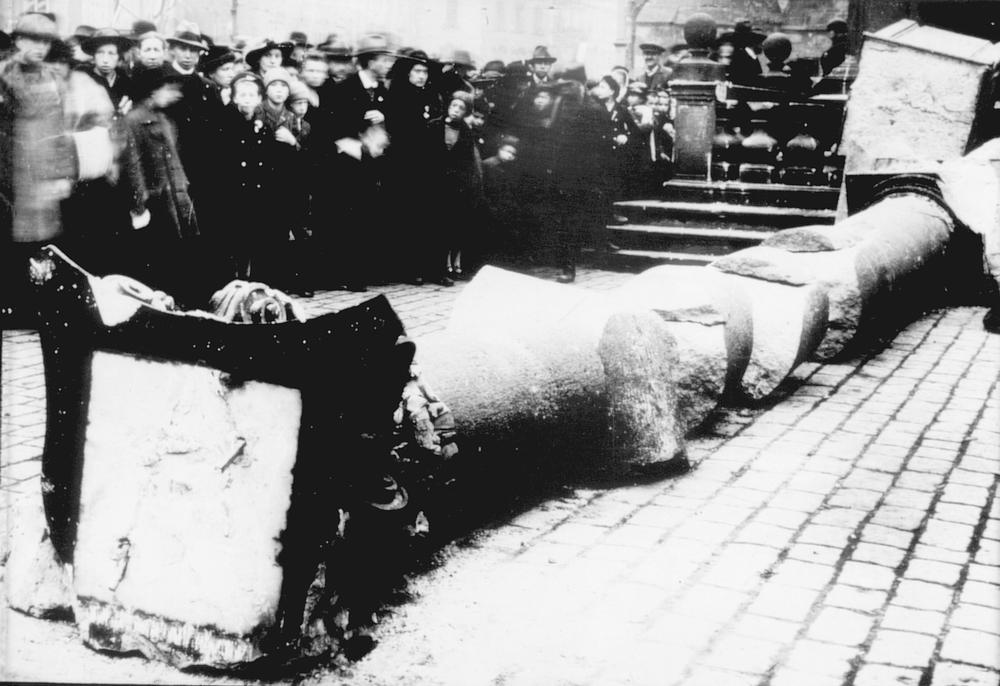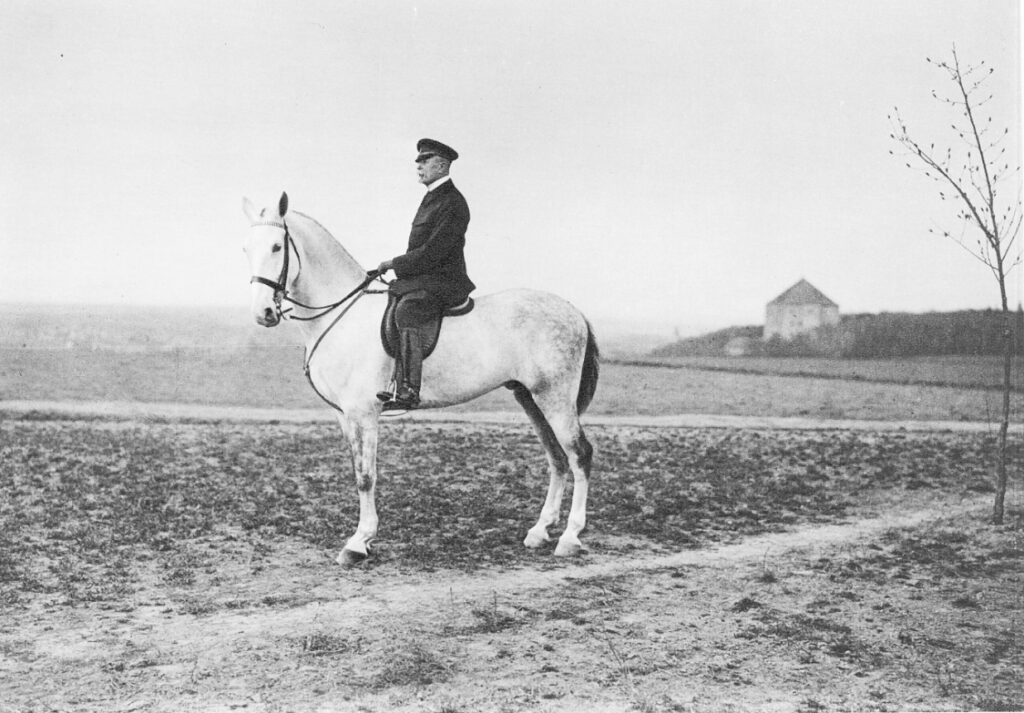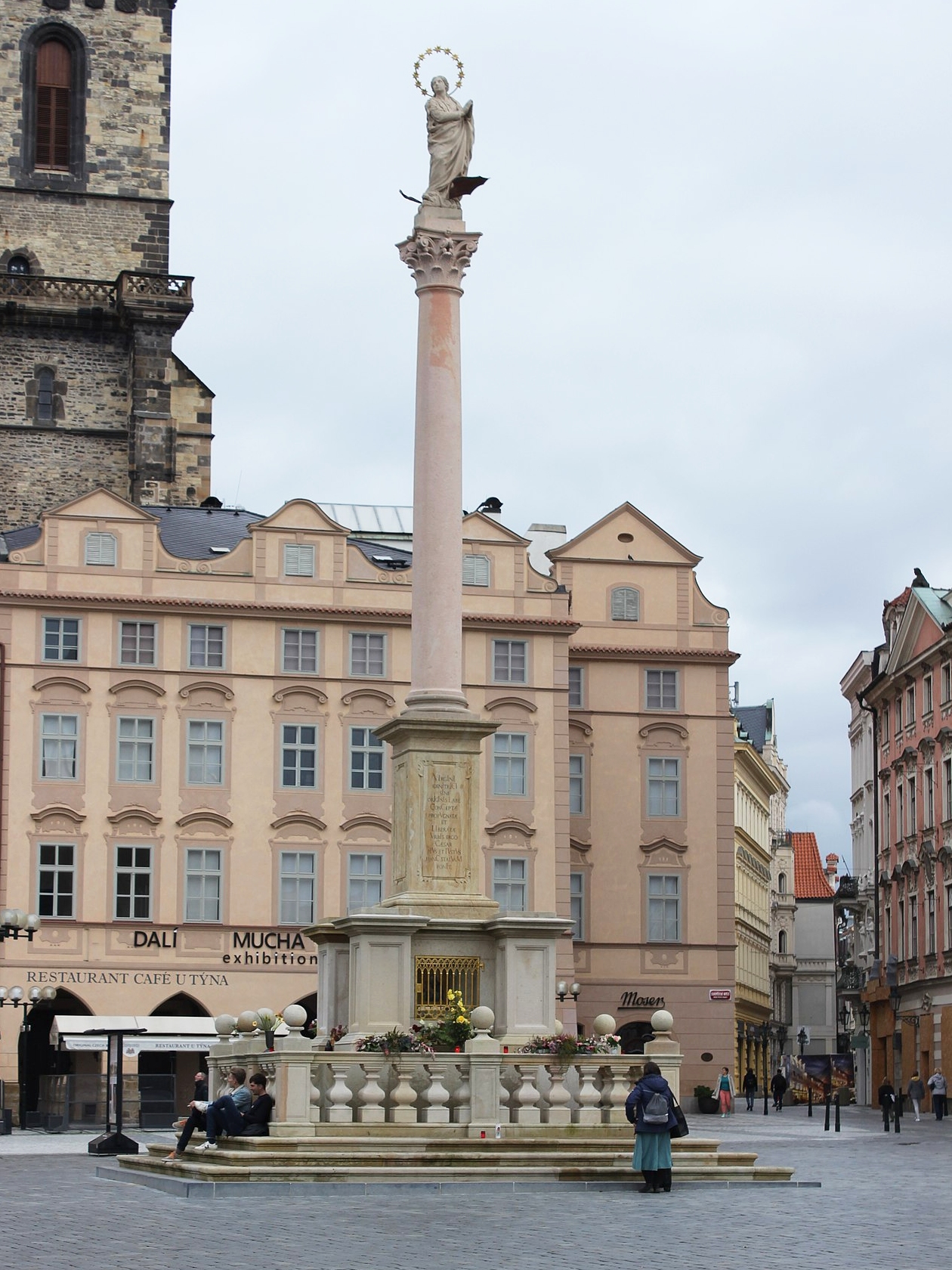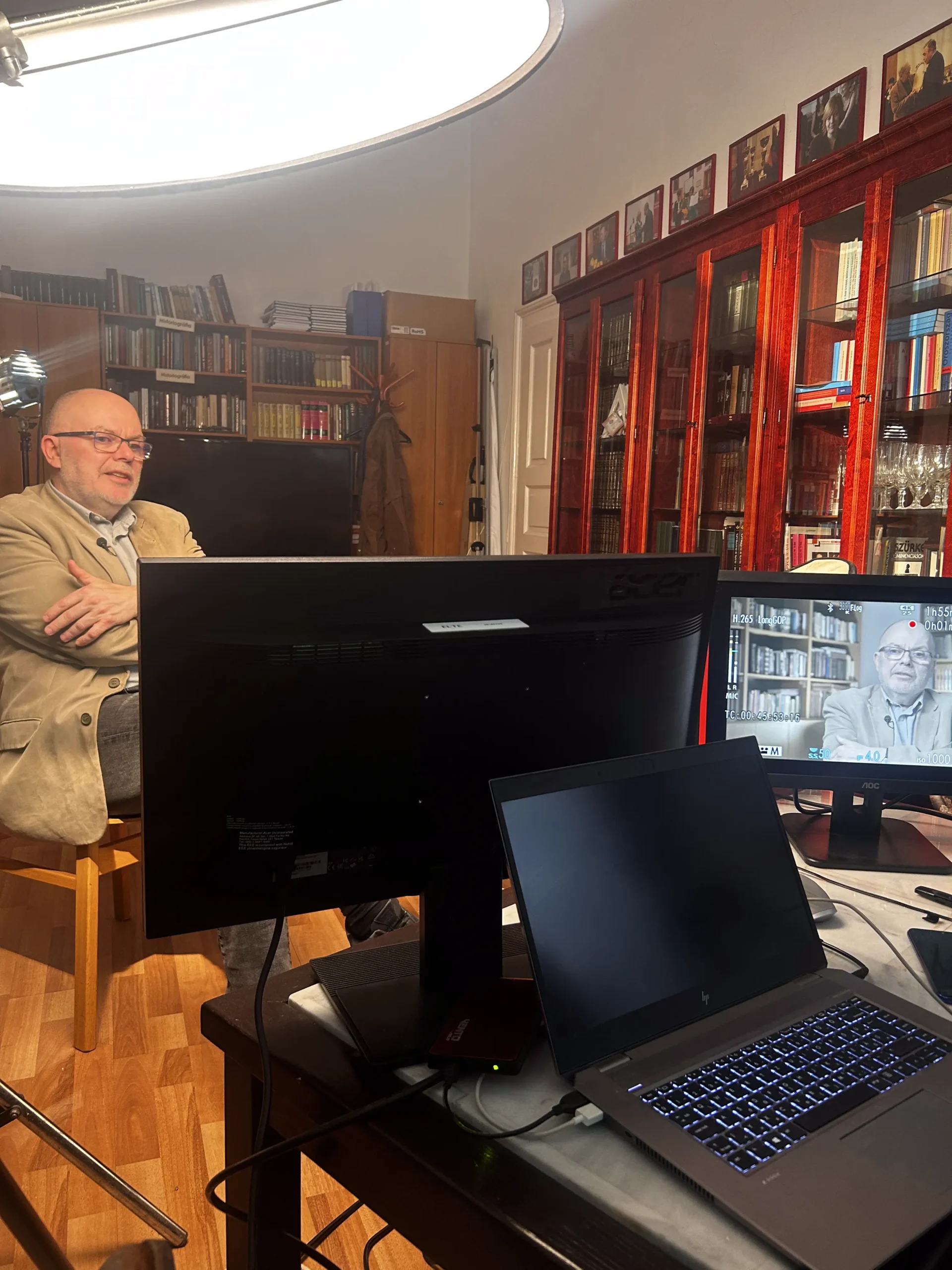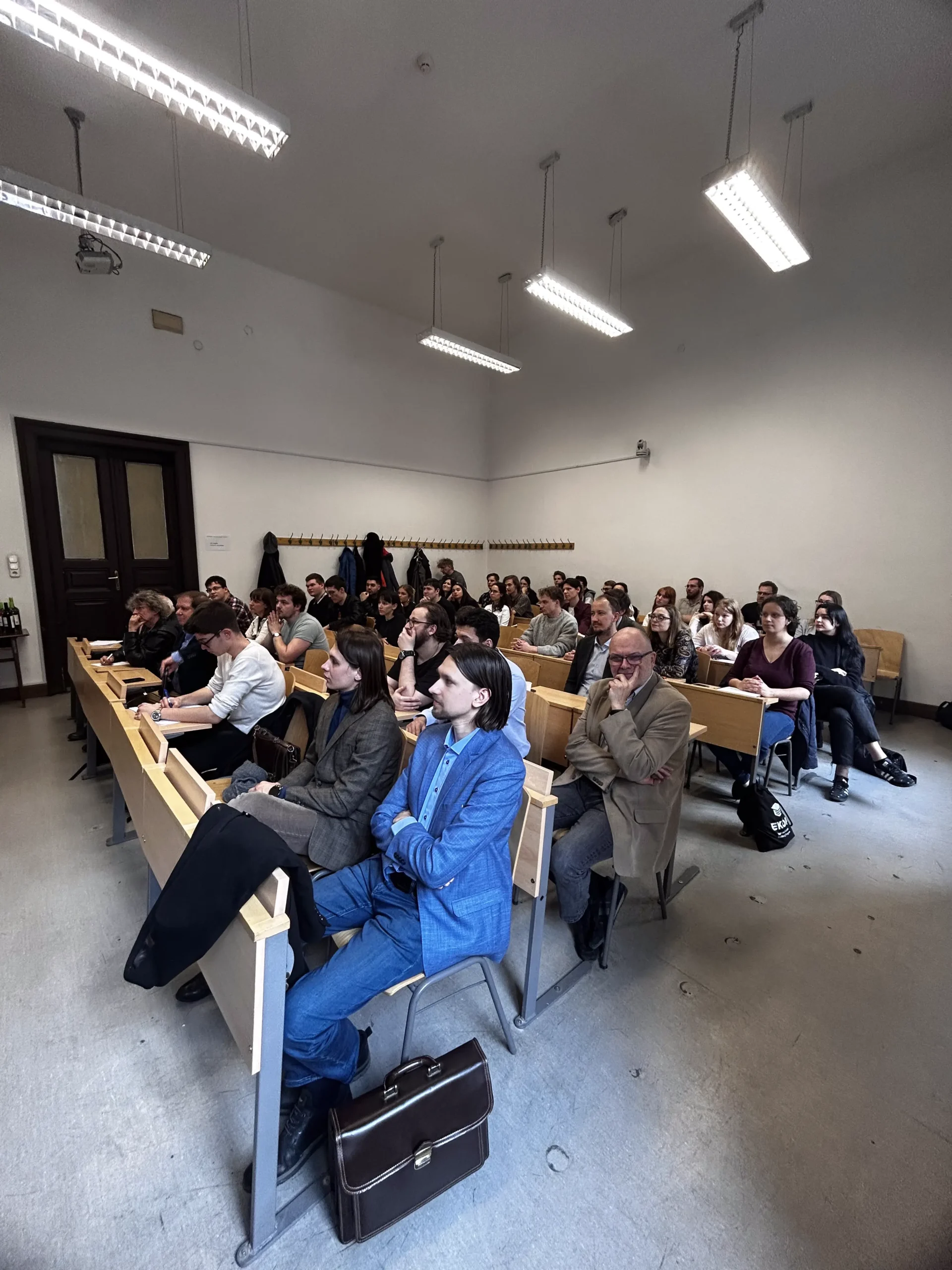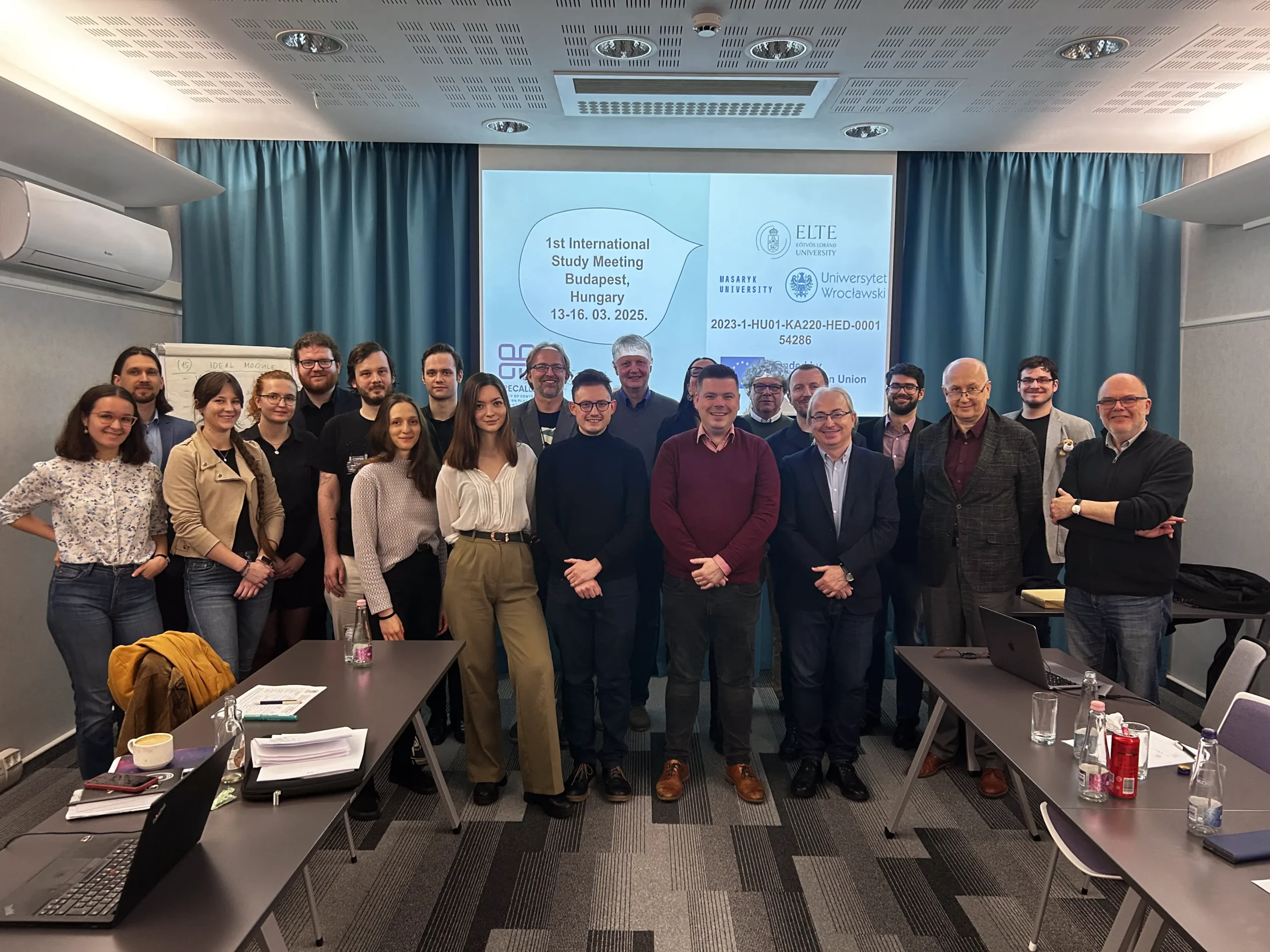The atonement for White Mountain – Praha, Old Town Square, Marian column
Fact of the Czech figure „The myth of White Mountain defeat”
Part of the „The myth of national disaster” topic
The establishment of an independent Czechoslovakia in October 1918 embodied, among other things, the „atonement” for White Mountain in the Czech national-political imagination, as a symbol of three centuries of Habsburg rule.
The desire to rectify this „injustice” is exemplified by the spontaneous demolition of the Marian Column on Prague’s Old Town Square in 1918, considered as a symbol of German and Catholic dominance. On the political level, the land reform of 1919 targeted the estates of the „foreign” German nobility, accused of having acquired land as a result of the unjust post-White Mountain confiscation of rebel properties.
The final „reckoning” in Czech-German relations became a central issue after World War II. The symbol of White Mountain as an „injustice” was invoked during national demonstrations in 1945 by political elites, who promised to „return Czech land to Czech hands,” a promise realised through the infamous expulsion of the German population. The nationalist legacy of White Mountain was also utilised by the communists in the 1950s, who used this rhetoric to justify some of their political actions.
